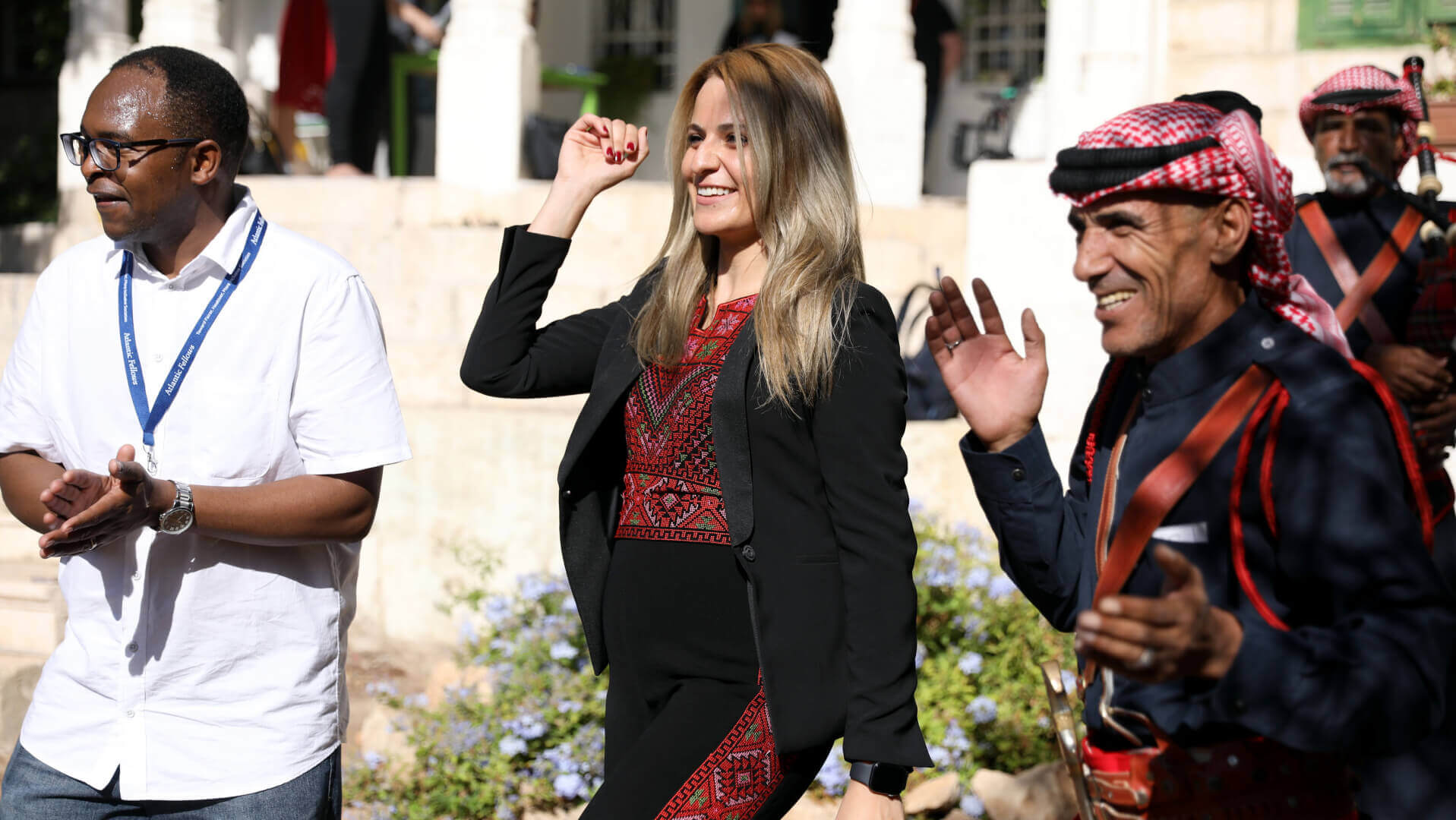The global movement of displaced people is a defining feature of our times
Resource type: News
The Atlantic Fellows | [ View Original Source (opens in new window) ]
Displacement is a global issue, driven by a confluence of intersecting historical and political factors. Yet today, the narratives surrounding it largely silence or vilify those who have become displaced, stoking nationalism and fear. With over 26 million refugees worldwide—half of them children—their voices that should be elevated. Their stories are invaluable to our efforts to advance equitable solutions and to eradicate forcible, traumatic displacement and its many fall-outs.
The Spark
Developing nations are disproportionately bearing the burden of displacement, hosting approximately 85% of the world’s refugees. The majority of all refugees have come from countries including Syria, Afghanistan, and South Sudan; in 2019, only a fraction of a percent of them were resettled.
“I believe that displacement is a defining issue of our time, and not much is being done about it. I also believe that as Atlantic Fellows working towards fairer, healthier and more inclusive societies, it is at the core of our work and mission to serve communities such as the displaced and low and middle income hosting countries.”– Tala Al-Rousan, Atlantic Fellow for Equity in Brain Health
Call to Action
New perspectives can help identify and connect the various drivers of displacement—from conflict, to climate, to economic impacts. By building bridges of understanding in an atypical way, they hope to destigmatize and contextualize the topic of displacement and assist those living in precarious situations.
The Initiatives
In early 2019, a group of Atlantic Fellows came together to create a space to understand and engage with the common humanity inherent in the stories of the displaced. Through their diverse backgrounds, geographies and interests, they created a highly collaborative and deeply researched process which resulted in a repository of narratives around different typologies of displacement:  War, Economic, Environmental, Digital, and Pandemic.
War, Economic, Environmental, Digital, and Pandemic.
- The Fellows from four programs, with the support of the Atlantic Institute, brought a group of 18 other Fellows from across the global Atlantic community to Jordan in October 2019 to study the effects of displacement on health.
- Crossing Borders: Displacement and the Effects on Health included workshops in Amman and a visit to Za’atari refugee camp, home to almost 80,000 Syrians who have fled their country’s civil war.
- Reflecting on that experience, the group, in collaboration with other participating Fellows, developed several long-term project strands combining academic research, leadership thought pieces and art.
The Scale
Our approach to reclaiming the narratives of the displaced combines creative expression through writing and visual arts, as well as collective academic research. We believe this will help to promote empathy and understanding through connecting emotionally to people — and reminding them of our universally shared human condition — even if they themselves have not experienced such trauma or inequity.
This means shifting our shared understanding of displacement to capture the global intersectionalities and nuances which cause and drive it today: conflict, climate change, wealth centralisation and, increasingly, digital disparities. We believe in using an approach that invites everyone to see themselves as part of the discourse of displacement.
The Future
Narratives of Displacement is an ongoing, living endeavor. This project has the capacity to draw in and bring together diverse perspectives with a depth essential to countermanding the conventional displacement narratives that we are often presented with. We intend to weave the common thread of humanity which is at the core of every single one of us, displaced or otherwise, into a deeper, more nuanced, narrative.
